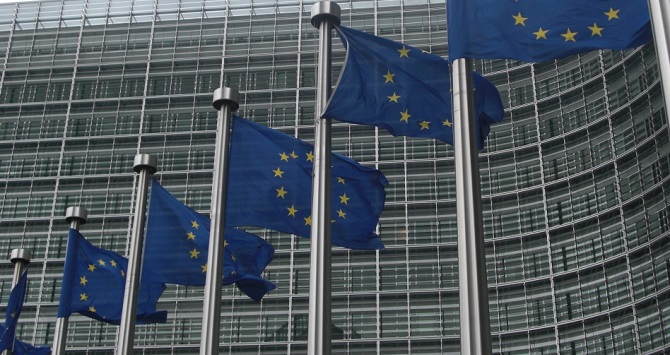Leaving your Wi-Fi network open is likely not equivalent to facilitating copyright infringement, according to a judgement released this week in the county patent court. The judgement was a response to an attempt by ACS:Law, an aggressive law firm that has been sending out thousands of letters to alleged file-sharers, to gain a “default” judgement in favour of rights-holders. Such “default” judgements are usually used when the defendant fails to respond to claims but are also used as a quick way of gaining a judgement without a trial. The outcome provides essential new context for debates about the Digital Economy Act.
The case Media C.A.T. Ltd. v A and others [2010] EWPCC 17 saw ACS:Law requests for judgement, bundling together eight separate claims. While the details differed, all of these had to do with alleged copyright infringement via P2P file sharing. Some of the requests for judgement concerned file-sharing over a Wi-Fi network that was either unsecured or “not adequately secured.”
His Honour Judge Birss QC found a number of problems with the case. First, he was unconvinced that ACS:Law could claim to represent the rights holders. More significantly, he was unsure that the owner of an unsecured Wi-Fi network would be held responsible for copyright infringement over that network.
He also noted that under the law, there is a key distinction between “allowing” someone the opportunity to infringe copyright and “authorizing” them to do so. This means that poor security “allowing” an unauthorized party to infringe copyright using your Wi-Fi network is not the same as you “authorizing” access that leads to infringement. This area may need to be clarified, especially for networks providing free access, and for those sharing a Wi-Fi network with family or neighbours.
The judge acknowledged that this is a complex area with few precedents. He cited a German court ruling on a similar case of copyright infringement over Wi-Fi that decided that the defendant could be forced to secure their network, but would not be held liable for damages. This suggests that there is little support for pursuing financial damages from people whose networks are being used by third parties.
The county court ruling, as barrister Francis Davey notes, can be overturned in a higher court. Nevertheless, this ruling is potentially significant for the debates about the Digital Economy Act, and a boon for individuals, communities and organizations like the British Library who provide Wi-Fi access and who may be concerned about their liability for copyright infringement. While it can still be overturned, it provides a crucial clarification of the limits of responsibility for operators of open Wi-Fi networks. Hopefully it will put an end to the aggressive tactics that firms like ACS:Law employ in the name of rights-holders.
 Photo credit: Alison Powell 2010.
Photo credit: Alison Powell 2010.
Leaving your Wi-Fi network open is likely not equivalent to facilitating copyright infringement, according to a judgement released this week in the county patent court. The judgement was a response to an attempt by ACS:Law, an aggressive law firm that has been sending out thousands of letters to alleged file-sharers, to gain a “default” judgement in favour of rights-holders. Such “default” judgements are usually used when the defendant fails to respond to claims but are also used as a quick way of gaining a judgement without a trial.



